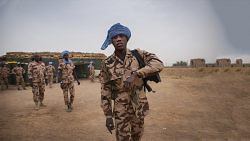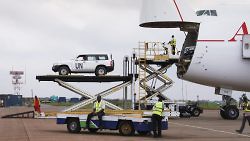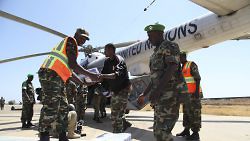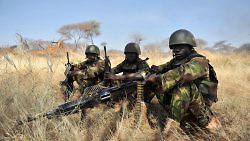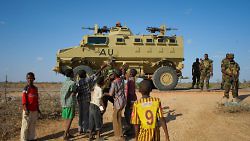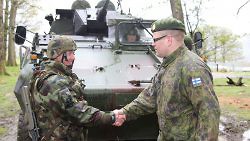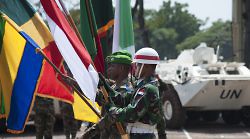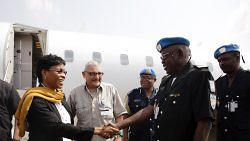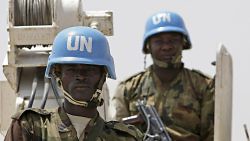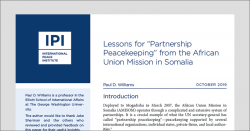
Deployed to Mogadishu in March 2007, the African Union Mission in Somalia (AMISOM) operates through a complicated and extensive system of partnerships. This has been referred to as the “AMISOM model” of “partnership peacekeeping.” While this specific configuration of forces and mechanisms is unlikely to be repeated, AMISOM remains the longest-standing case of a peace […]
Read more
